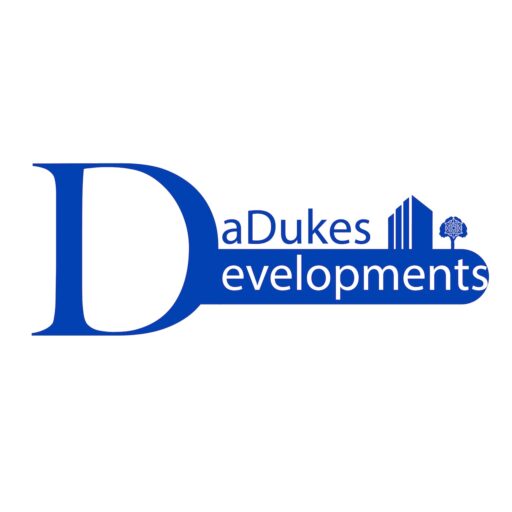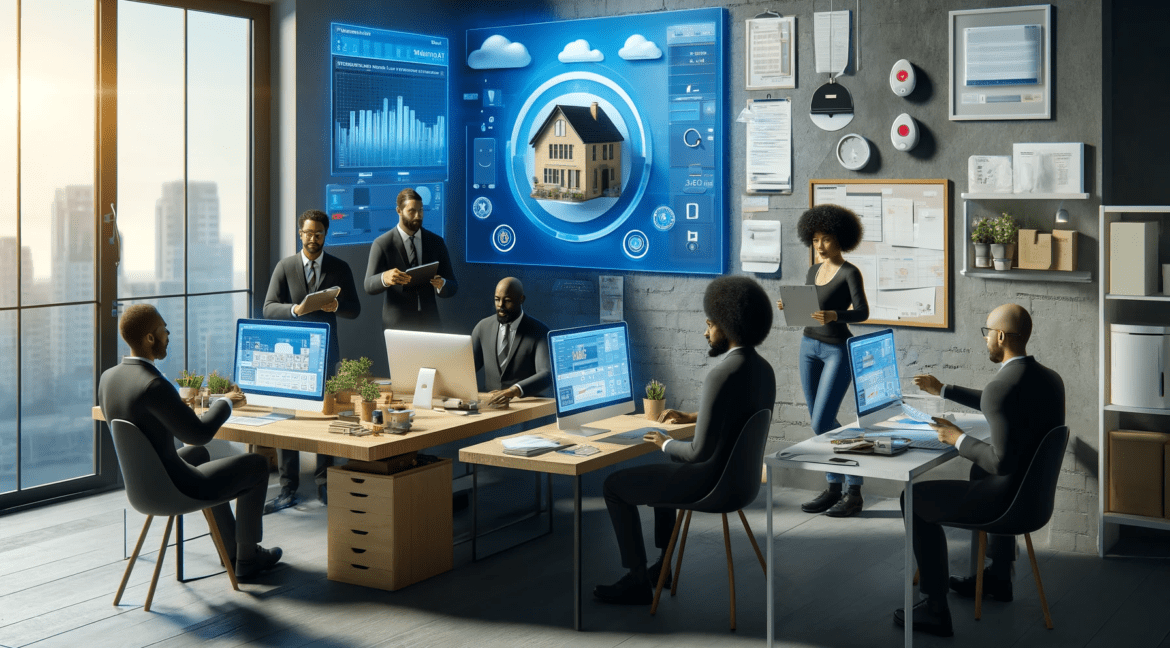In today’s fast-paced real estate market, landlords must leverage technology to stay competitive and efficient. From property management software to smart home devices, technology offers numerous benefits that can enhance tenant satisfaction, streamline operations, and boost return on investment (ROI).
Property Management Software
One of the most significant advancements in landlord technology is property management software. Platforms like Buildium, AppFolio, and Propertyware offer comprehensive solutions for managing rental properties. These tools provide features such as:
- Online rent collection
- Maintenance request tracking
- Tenant screening
- Financial reporting
According to a survey by the National Apartment Association, 80% of property managers reported increased efficiency after adopting property management software. Moreover, property management software can reduce administrative overhead by 30% and improve tenant retention by 90% through personalized digital services[1].
Smart Home Devices
Smart home technology is not just a trend; it’s becoming a standard in rental properties. Devices such as smart thermostats, security cameras, and keyless entry systems can significantly enhance the tenant experience. A study by the National Multifamily Housing Council found that 57% of renters are willing to pay more for a property equipped with smart technology. Additionally, smart home technologies can increase rental premiums by 11% and reduce energy costs by 15-30%[1].
Virtual Tours and Leasing
Virtual tours have revolutionized the way properties are marketed. With platforms like Matterport and Zillow 3D Home, potential tenants can explore properties from the comfort of their own homes. This technology has proven especially valuable during the COVID-19 pandemic, with a 300% increase in virtual tour usage reported by Redfin. Listings marketed with virtual tours get 87% more views and close 31% faster than those without[5][6].
Data Analytics
Data analytics tools help landlords make informed decisions by providing insights into market trends, tenant behavior, and property performance. Companies like RealPage and Yardi offer analytics solutions that can predict rental income, optimize pricing strategies, and identify areas for improvement. Data analytics can reduce property management costs by up to 25% by identifying inefficiencies[1].
Legal Considerations
While technology offers numerous benefits, landlords must also be aware of legal considerations. For instance, tenant privacy must be respected when using smart home devices and security cameras. Additionally, online rent collection platforms must comply with financial regulations to ensure secure transactions.
Conclusion
Embracing technology is no longer optional for landlords who want to stay competitive in the real estate market. By adopting property management software, smart home devices, virtual tours, and data analytics, landlords can enhance tenant satisfaction, streamline operations, and increase ROI. As technology continues to evolve, staying informed and adaptable will be key to long-term success.
Disclaimer
This blog post is for informational purposes only and does not constitute legal or financial advice. Landlords should consult with legal and financial professionals to ensure compliance with all applicable laws and regulations.
Citations:
[1] https://wifitalents.com/statistic/technology-in-property-management/
[2] https://www.forbes.com/sites/forbestechcouncil/2024/01/24/commercial-real-estates-relationship-with-technology/
[3] https://www.linkedin.com/pulse/2024-real-estate-property-management-software-puxpf
[4] https://rentpost.com/resources/article/smart-technology-for-rental-properties/
[5] https://www.photoup.net/learn/real-estate-virtual-tour-statistics
[6] https://www.photoup.net/learn/why-virtual-house-tours-are-crucial-to-sell-homes
[7] https://www.nexthome.com/2024/05/unlocking-success-why-every-real-estate-agent-needs-to-invest-in-virtual-tours/
[8] https://www.icsc.com/news-and-views/icsc-exchange/landlords-are-learning-to-adopt-retailer-centric-technology



